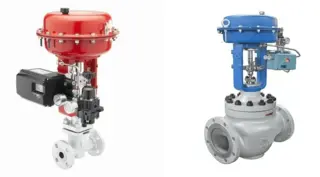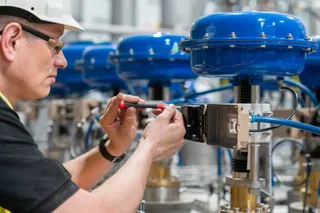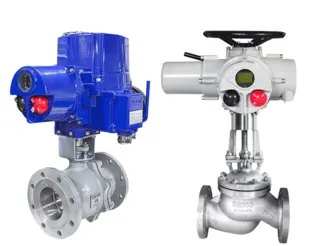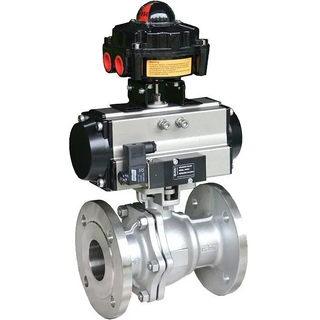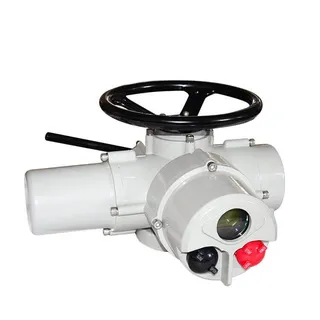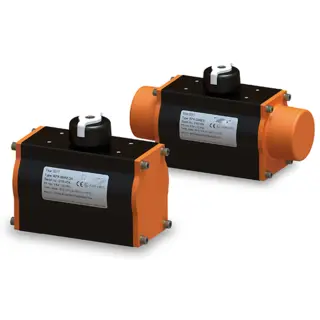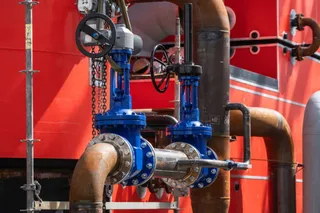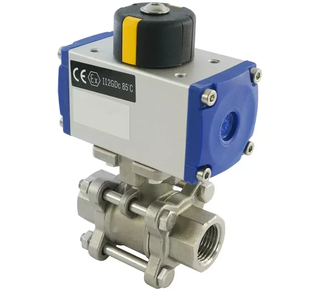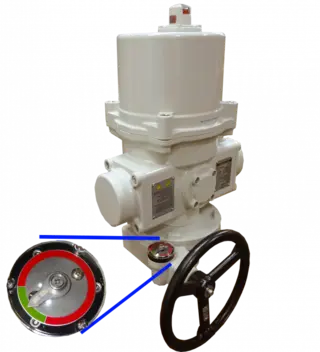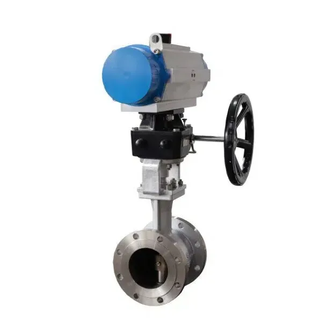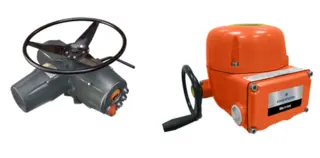Single Seat vs. Cage Guided Globe Control Valve: A Comprehensive Comparison
In the world of industrial fluid control, selecting the right type of control valve is crucial to ensuring operational efficiency, safety, and long-term durability. Among the many types of control valves, the Single Seat Globe Control Valve and the Cage Guided Globe Control Valve are two of the most widely used designs. Each valve has its unique characteristics, making it more suitable for certain applications. This article explores the differences between these two types of control valves, including...

